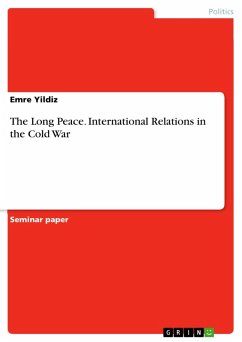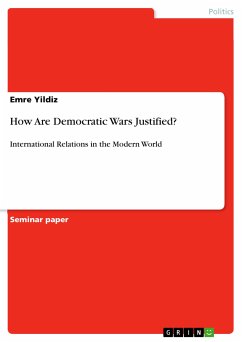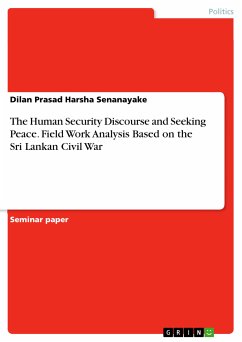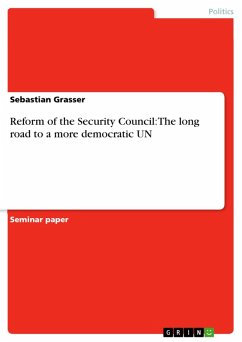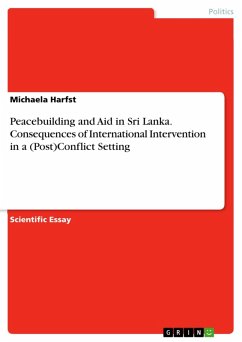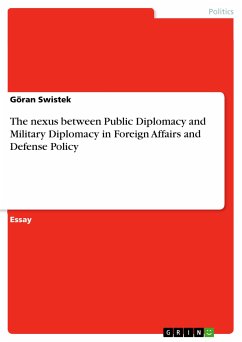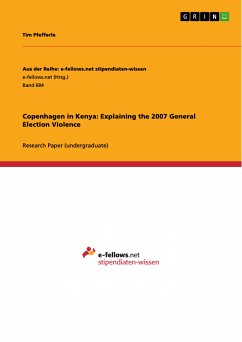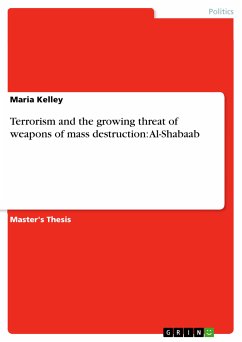Seminar paper from the year 2012 in the subject Politics - Topic: Peace and Conflict, Security, grade: 1,33, University of Potsdam (Department of Economic and Social Sciences), language: English, abstract: The year 2012 marks the 67th year since which time the world has not seen any direct military confrontation between superpowers. When World War II ended in 1945 the "Cold War" came about and was fought out by the USA and Soviet Union with mediate means. Even the end of the US-Soviet conflict preceded peacefully - a historical unusual demise for a struggling super power. Furthermore, there has been no war among the USA and the aspirants of super power including China, Japan, Russia and the European Union ever since. This discovery is named the long peace, also known as the great powers peace. However, it is hard to say whether a sixty four year long absence of direct military confrontations between great powers is already a significant indicator for a qualitative shift in international politics, or whether it is nothing but a historical and contemporary randomness. Could the long peace cease anytime resulting in an apocalyptic world war, or are we indeed justified to conclude a positive change in the relations among great powers compared with earlier times? More importantly even, are we right in calling this period a long peace, and if so, up to what degree? In this paper I want to undertake three things in turn. First I want to show due to what particularities inherent in the long peace we may conclude a significant change in great powers' relations. Next I will seek to grade the long peace in its nature and stability. And lastly, I shall turn to two theories in order to illustrate how the emergence of the long peace and its enduring appearance down to the present day has been made possible. I chose this topic for two reasons: Firstly, peace-studies are one of the greatest focuses in the discipline of International Politics. Finding appropriate ways and means to maintain peace in the world has been the original inducement of erstwhile historians, jurists and political scientists to arouse a new branch of science nearly a century ago. The second and more important reason is that the phenomena long peace reveals a noteworthy gap in International Politics. Neither of both theories, as will be seen, is capable of fully illuminating the long peace on its own.
Dieser Download kann aus rechtlichen Gründen nur mit Rechnungsadresse in A, B, BG, CY, CZ, D, DK, EW, E, FIN, F, GR, HR, H, IRL, I, LT, L, LR, M, NL, PL, P, R, S, SLO, SK ausgeliefert werden.

